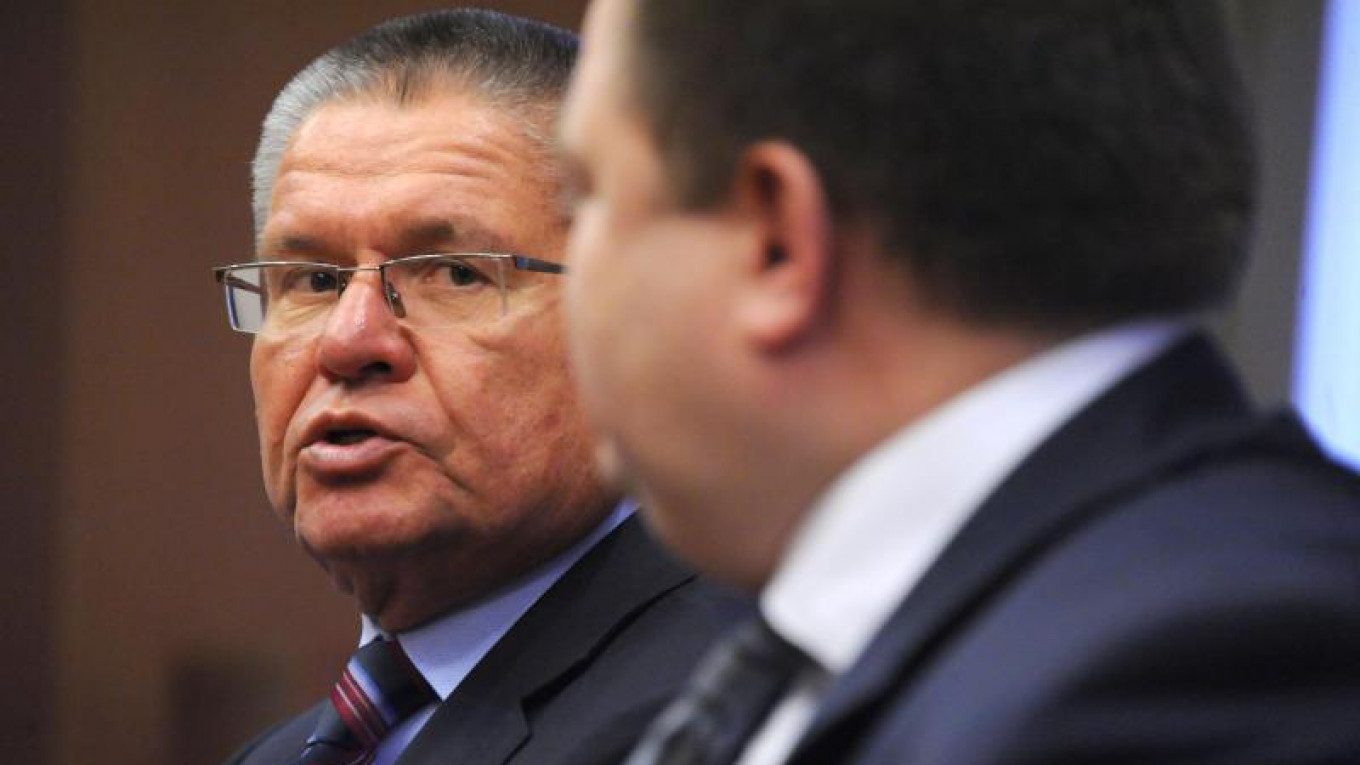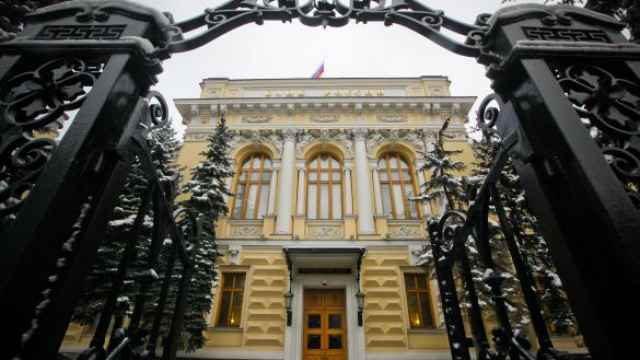Almost two weeks have passed since the authorities detained and dismissed former Economic Development Minister Alexei Ulyukayev on charges of exacting a bribe from Rosneft. It was the first arrest of a government minister in a decade and it sent deep shockwaves through the entire Russian elite. The reasons behind it, however, remain unclear.
Ulyukayev’s own thoughts on the subject are also a mystery because the court has forbidden him from speaking with the press. There is no shortage of theories for the arrest, including some outlandish ones – for example, that President Vladimir Putin personally framed his own minister. However, the two most widely accepted theories state that it was an act of revenge by Rosneft head Igor Sechin or that it was an attempt to weaken the position of Prime Minister Dmitry Medvedev.
In fact, there are a number of unanswered questions regarding this case. First, what role did FSB General Oleg Feoktistov play in this affair? Feoktistov oversaw high-profile arrests in recent years and then took a job as head of security for Rosneft in September. On the other hand, there are questions about the role of Andrei Kostin, head of Vneshtorgbank, Russia’s largest state-owned bank where Ulyukayev is head of the supervisory board.
In any case, it is clear that Ulyukayev himself is not the goal, but a pawn in a larger game. Simply guessing who benefits from his arrest does not offer any clues either. Perhaps the answer to the most dramatic high-profile arrest in recent years lies in who ultimately replaces the fallen minister. However, the fact that a replacement has yet to be found suggests that events unfolded spontaneously and were not scripted in advance.
The Ulyukayev case has no direct connection to the fight against corruption, like all previous high-profile “anti-corruption” cases – from that of former Defense Minister Anatoly Serdyukov (who was almost imprisoned several years ago), to the recent arrest of a General of the Presidential Guard for trying to take a bribe.
Even if these and other prominent individuals charged with corruption-related crimes are guilty, they are no more guilty than others, and often less so. Still, leaders have done nothing to dismantle the mechanisms of corruption or to introduce a system for public oversight. They focus attention on individual corruption cases because they fear launching a major anti-corruption campaign that could claim unintended victims and lead to widespread outrage.
The Ulyukayev case is significant in itself and because the lack of reaction from the public and political elite gives some indication of the condition of both. Ulyukayev’s colleagues among the so-called “system liberals” have not even noticed his absence. The elite remain silent, apparently hoping that the court will sort things out or, in a best-case scenario, cast doubts on the dubious and groundless official charges against him. No one, of course, has any doubts that this is a crazy way to treat a senior official from the liberal camp.
As for society, a recent Levada Center survey shows that 30 percent of Russians are following the case closely, two-thirds believe the Ulyukayev case is a manifestation of the widespread depravity and corruption among the authorities, and 40 percent – 50 percent believe it casts a shadow on President Putin. That, however, does not stop Putin from continuing to enjoy immense popularity.
A Message from The Moscow Times:
Dear readers,
We are facing unprecedented challenges. Russia's Prosecutor General's Office has designated The Moscow Times as an "undesirable" organization, criminalizing our work and putting our staff at risk of prosecution. This follows our earlier unjust labeling as a "foreign agent."
These actions are direct attempts to silence independent journalism in Russia. The authorities claim our work "discredits the decisions of the Russian leadership." We see things differently: we strive to provide accurate, unbiased reporting on Russia.
We, the journalists of The Moscow Times, refuse to be silenced. But to continue our work, we need your help.
Your support, no matter how small, makes a world of difference. If you can, please support us monthly starting from just $2. It's quick to set up, and every contribution makes a significant impact.
By supporting The Moscow Times, you're defending open, independent journalism in the face of repression. Thank you for standing with us.
Remind me later.






